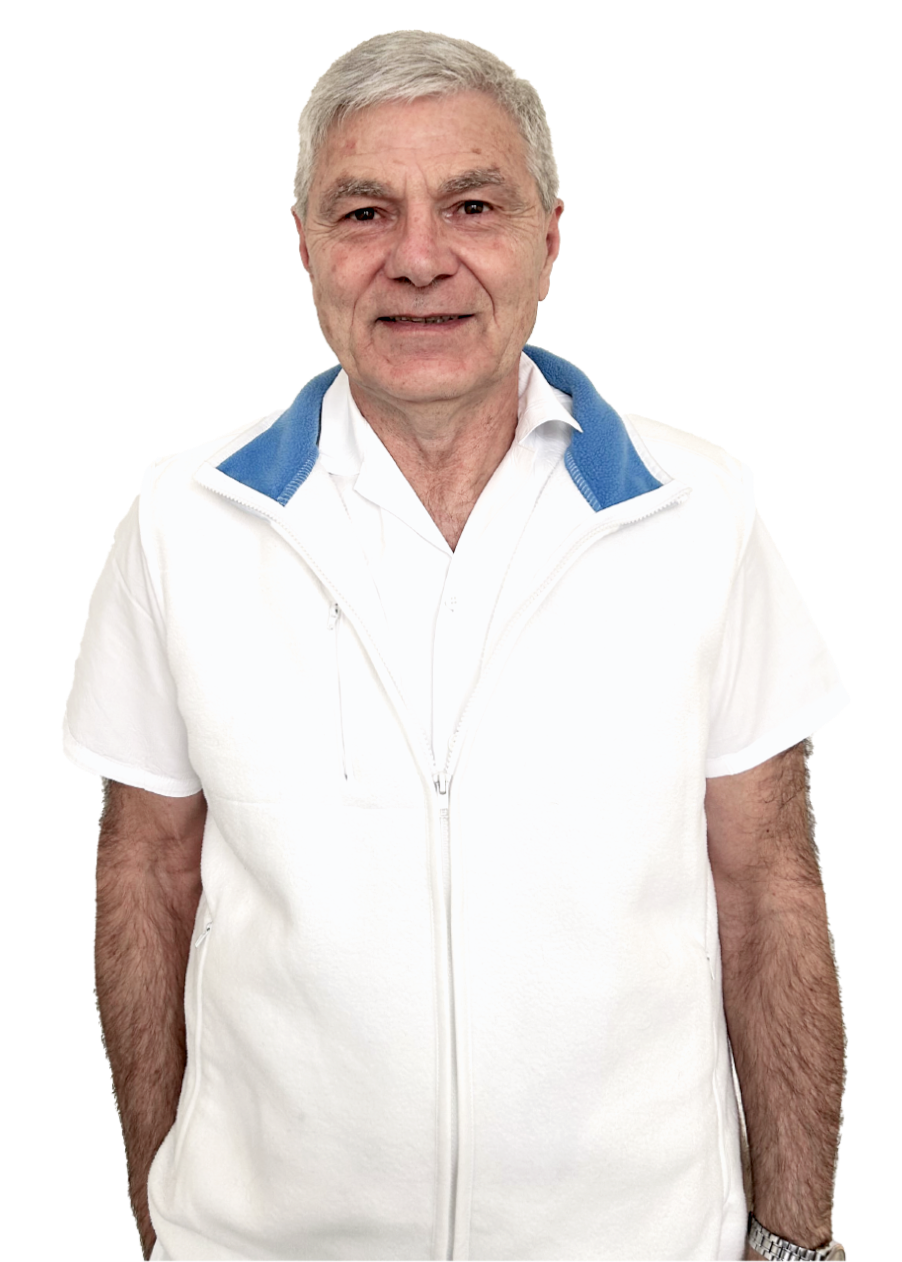Wide complex tachycardia
Up to 80% of these are so-called ventricular arrhythmias, which are serious conditions where there is an unnatural generation and circling of electrical impulses in the heart chambers.
What is wide complex tachycardia?
Wide complex tachycardia has its name derived from the wide complex on the ECG recording. This is a phenomenon in which the muscle of the heart chambers activates abnormally. It is up to the doctor to determine whether the origin of the wide complex is in the heart atria, then these are relatively minor conditions, or the primary cause of the wide complex is in the heart chambers (more often) and it can be a serious finding – the so-called ventricular arrhythmia.
What causes wide complex tachycardia?
Up to 80% of these are so-called ventricular arrhythmias, which are serious conditions where there is an unnatural generation and circling of electrical impulses in the heart chambers. If other heart disease is known (e.g. myocardial infarction scar, heart failure, etc.), the probability that it is a ventricular arrhythmia is over 90%. Less often, these are non-serious heart rhythm disorders (various types of atrial arrhythmias), which are masked behind a broad complex, which is not always easy to detect.
What are the risks of wide complex tachycardia?
Since most cases are ventricular arrhythmias, it is necessary to assess cases individually, including with regard to clinical status, symptoms and duration. Ventricular arrhythmias can increase the risk of sudden cardiac death and therefore should not be underestimated, especially if the person is already being treated for heart disease and is aware of the problem.
What is the treatment for wide complex tachycardia?
The treatment is strictly individual, depending on what specific rhythm disorder it really is, whether the patient has other heart diseases, a family history of sudden cardiac death, etc. In some cases, the implantation of a cardioverter-defibrillator is also considered.
What can I do if I have been diagnosed with wide complex tachycardia?
The finding of wide complex tachycardia should always be consulted early with the attending physician, preferably a cardiologist. He will determine what kind of heart rhythm disorder it is and suggest further solutions. In the event that the rapid pulse persists even outside of the measurement or the patient has subjective difficulties, he should be examined by a doctor without delay.
doc. MUDr. Ivo Oral, CSc.
Olomouc, Czech Republic

MUDr. Zdeňka Pospíšilová
Brno, Czech Republic

MUDr. Pavla Gablasová, Ph.D.
Brno, Czech Republic
